how will ai improve architecture in the coming years?
Artificial intelligence (AI) is expected to have a significant impact on architecture in the coming years. Here are several ways AI is likely to improve architecture:
1. Design optimization: AI can assist architects in generating and evaluating design options. By analyzing vast amounts of data, including historical designs, building codes, and user preferences, AI algorithms can generate optimized designs that meet specific criteria such as energy efficiency, structural integrity, and aesthetic appeal. This can help architects explore a broader range of possibilities and make more informed design decisions.
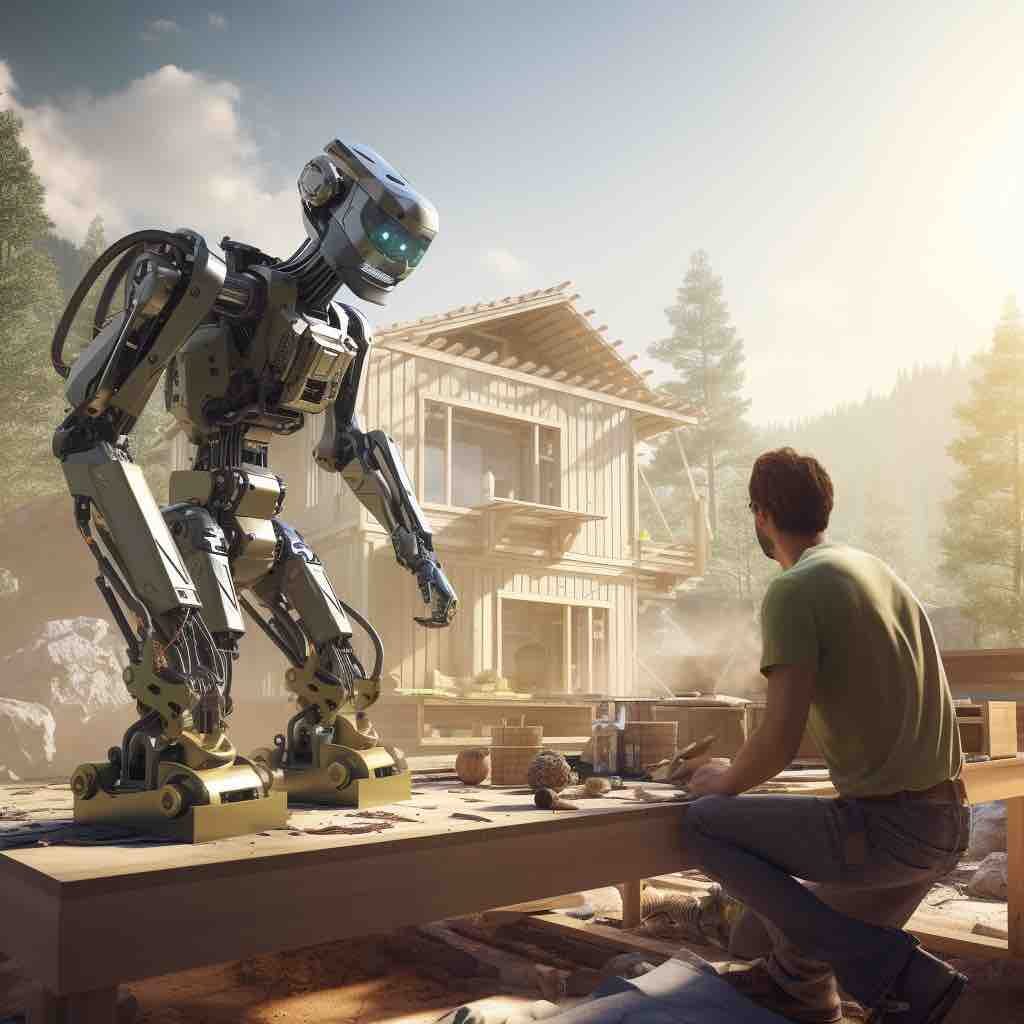
2. Generative design: AI-powered generative design tools can automatically create design options based on specified parameters and constraints. Architects can input desired parameters such as building function, site conditions, and budget, and AI algorithms can produce multiple design alternatives. This enables architects to explore innovative and unconventional design solutions that may have been overlooked otherwise.
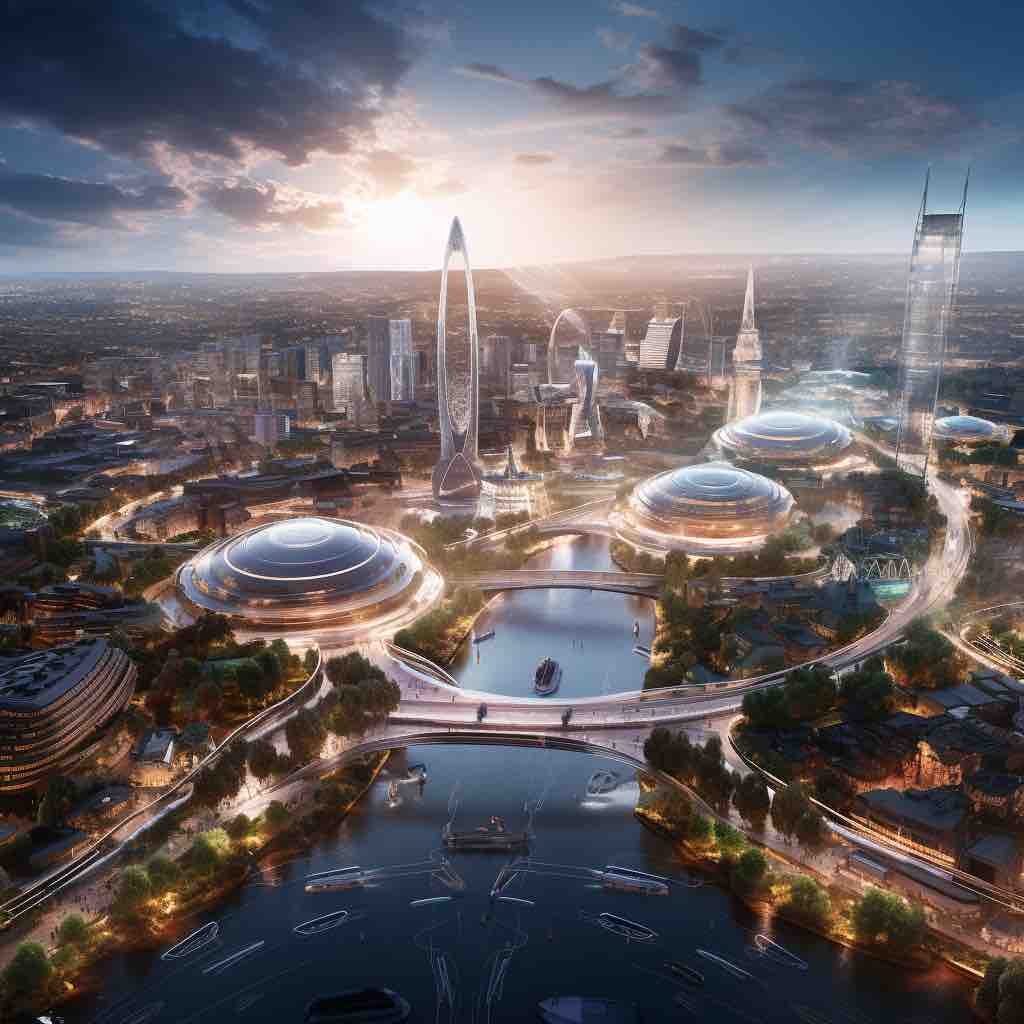
3. Energy efficiency and sustainability: AI can play a crucial role in optimizing building performance and enhancing energy efficiency. By analyzing data from sensors and building management systems, AI algorithms can identify patterns, detect inefficiencies, and make recommendations for improving energy usage. AI can also assist in predicting and optimizing energy consumption, lighting, heating, and cooling systems, resulting in reduced environmental impact and lower operational costs.
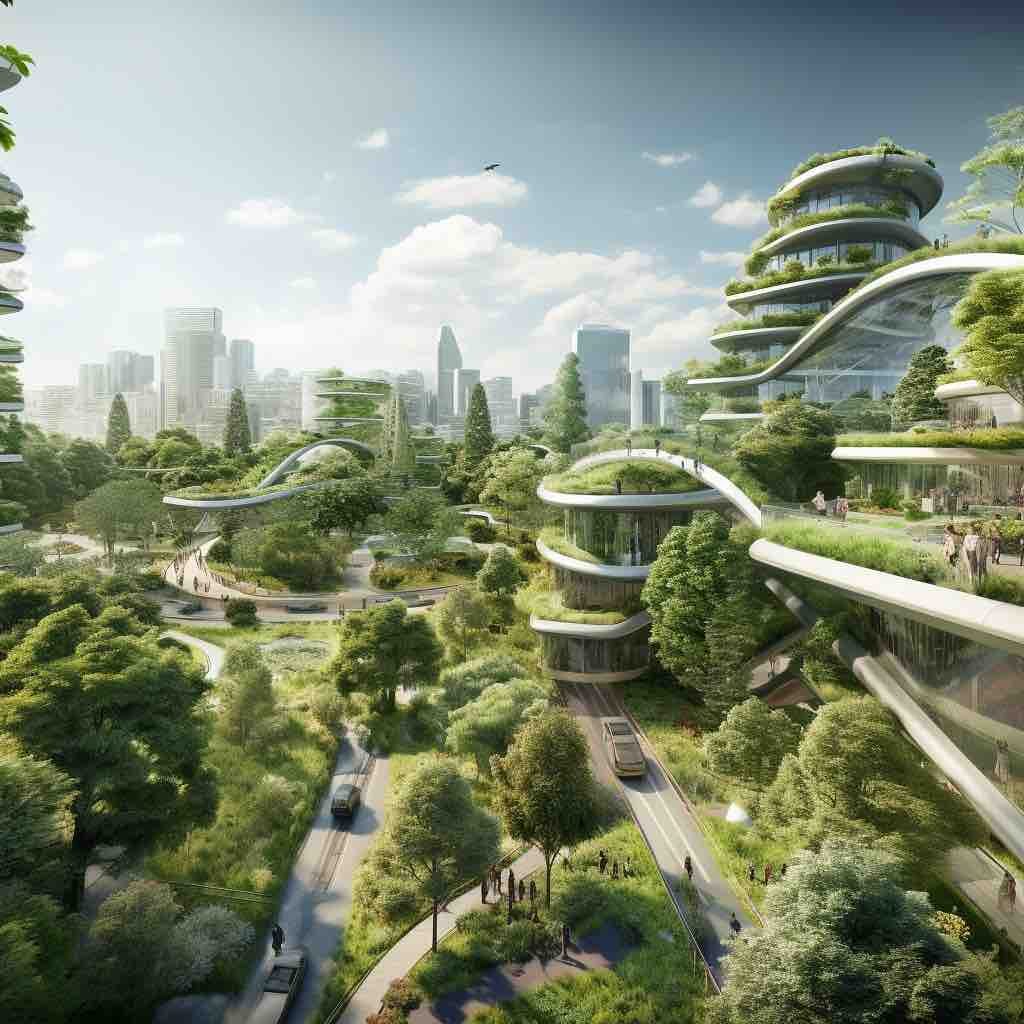
4. Real-time project monitoring: AI can monitor construction sites using computer vision and sensor data. AI algorithms can analyze images and video feeds to detect potential safety hazards, identify construction errors, and ensure compliance with design specifications. This can help architects and project managers identify issues early on, leading to improved construction quality and enhanced project management.

5. Augmented and virtual reality: AI combined with augmented reality (AR) and virtual reality (VR) technologies can revolutionize the design and visualization process. Architects can use AI-powered software to create immersive virtual environments where clients can experience and interact with their designs before construction begins. This enables better communication, visualization, and collaboration among architects, clients, and other stakeholders.
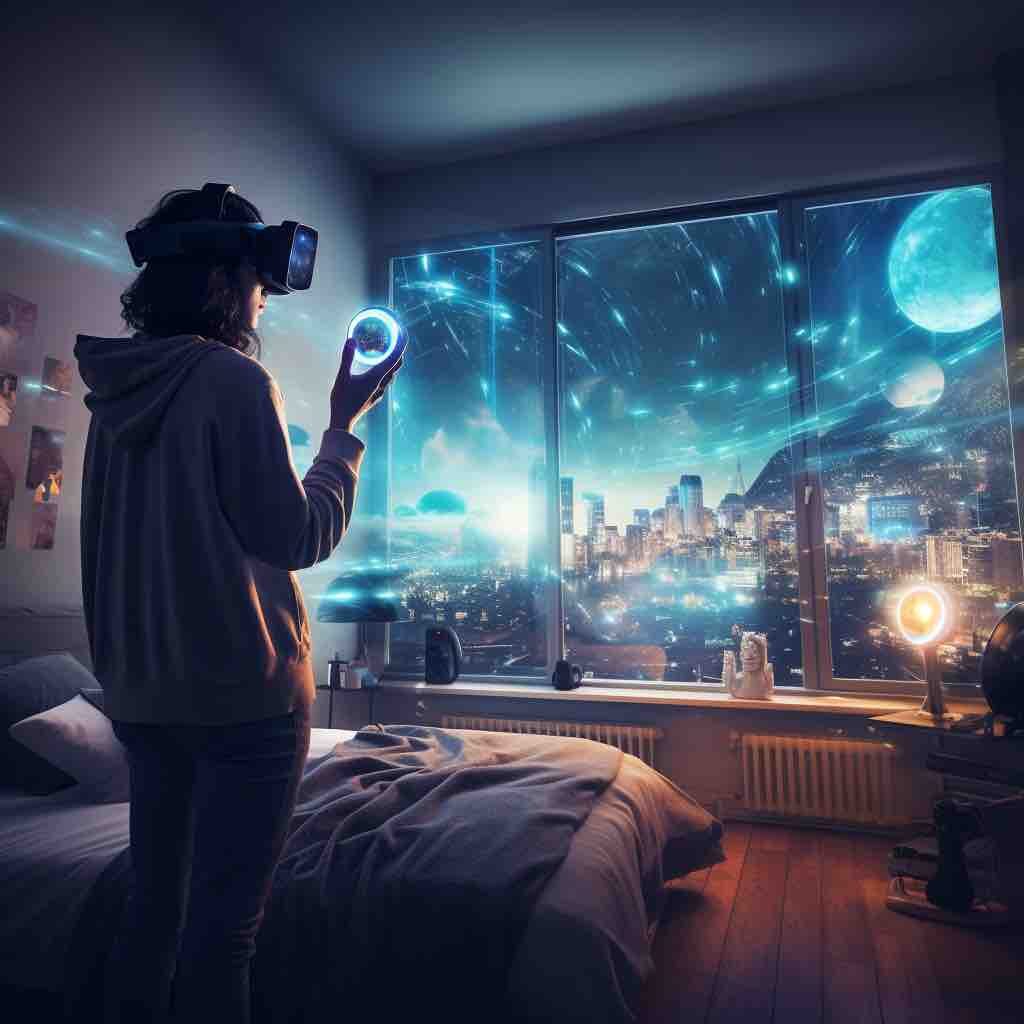
6. Intelligent building systems: AI can enable smarter and more autonomous building systems. Machine learning algorithms can learn from user behavior, adapt to changing needs, and optimize building operations. For example, AI can automatically adjust lighting, temperature, and ventilation based on occupancy patterns, resulting in improved comfort and energy efficiency.
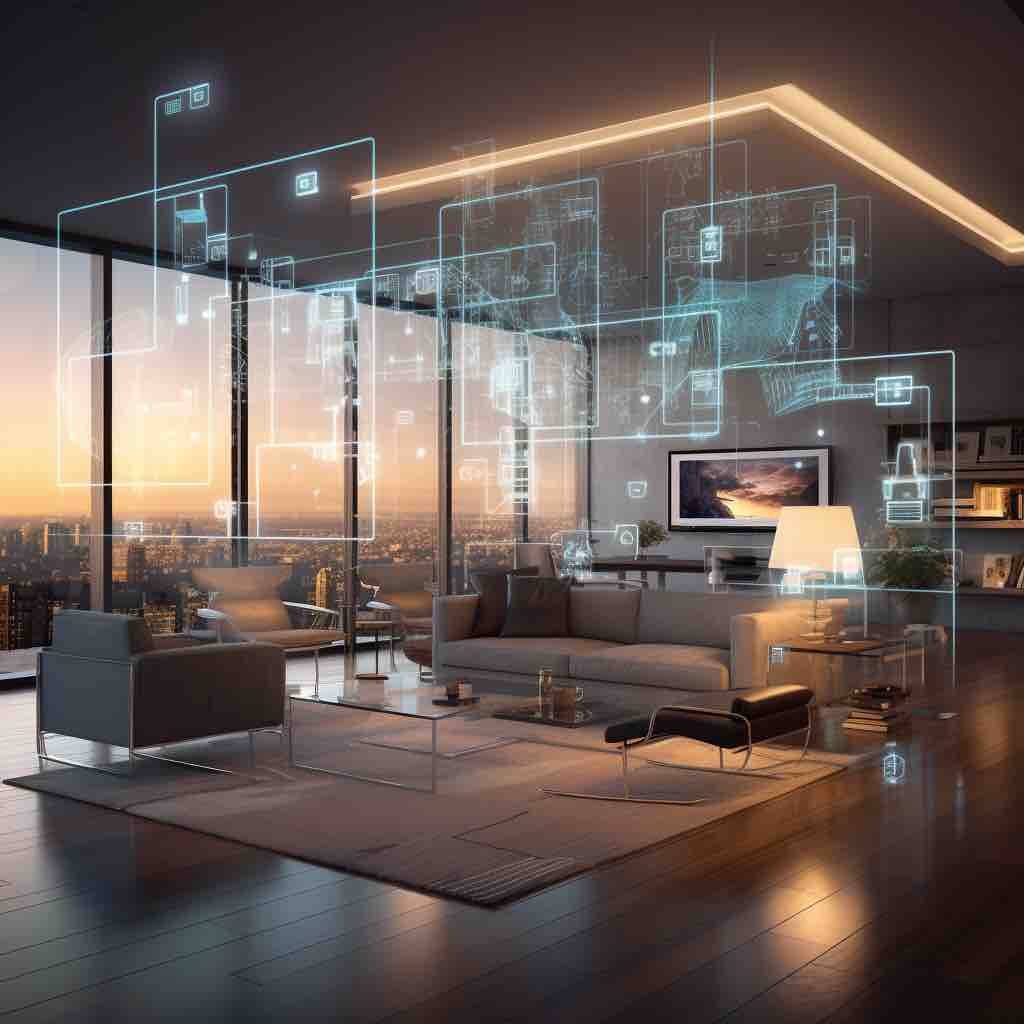
7. Project management and resource optimization: AI can assist architects in project management tasks such as scheduling, cost estimation, and resource allocation. By analyzing historical data and project parameters, AI algorithms can provide insights and recommendations to optimize project timelines, mitigate risks, and allocate resources effectively.

Overall, AI has the potential to revolutionize the architectural industry by enhancing design capabilities, improving sustainability, streamlining construction processes, and enabling more efficient and intelligent buildings. However, it’s important to note that human creativity, expertise, and judgment will continue to be essential in the architectural design process, with AI acting as a powerful tool to augment and enhance human capabilities.
Interesting fact: all of the above images were created using the Ai image generating tool MidJourney. I think it’s safe to say, the profession as we know it will never be the same again.